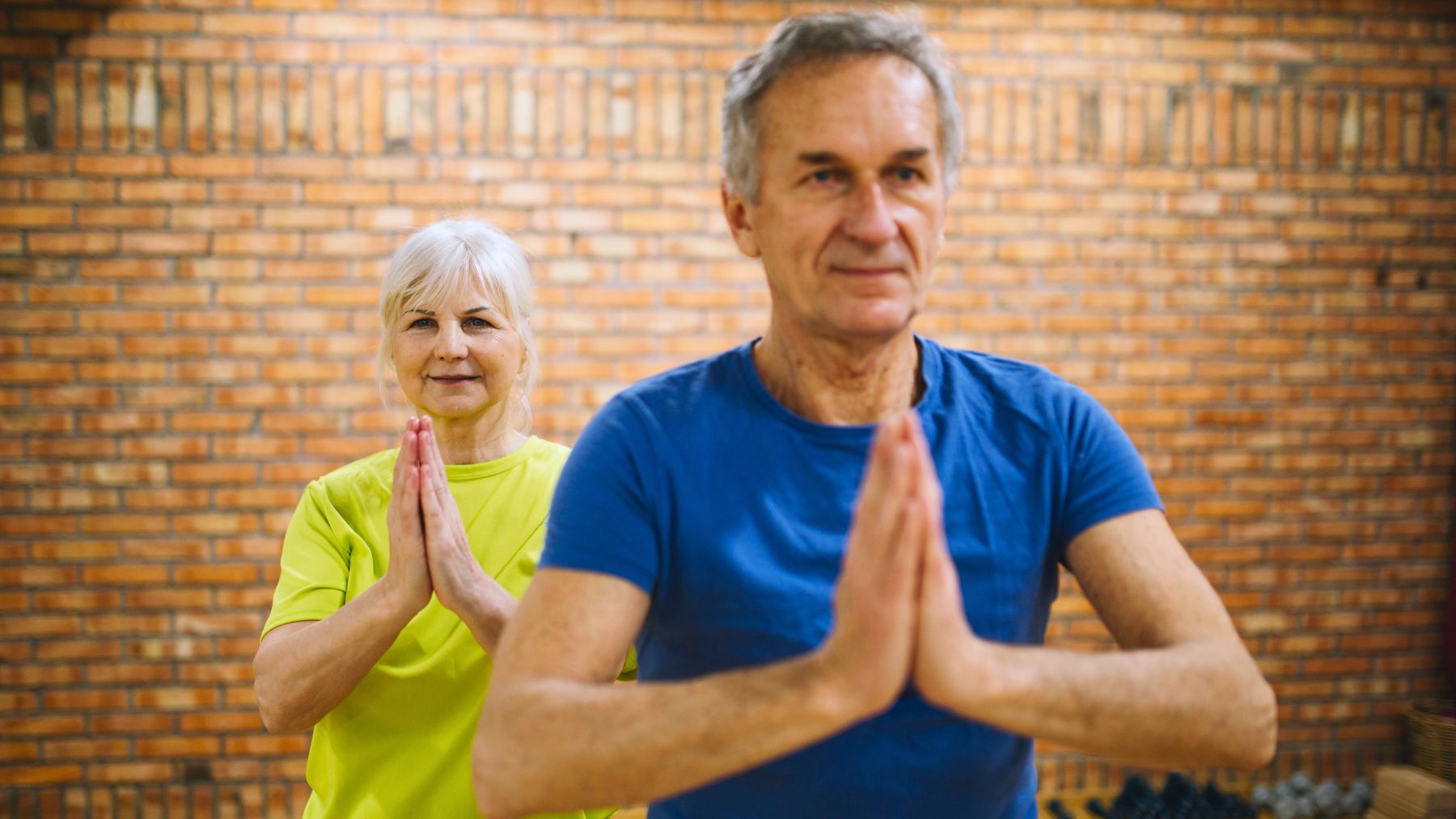When most people think of exercise for older adults, walking, jogging, or dancing usually come to mind. Researchers at Harvard Medical School say the most effective activity to stay fit after 65 is something different, and it comes with benefits for both the body and the mind.
The practice Harvard recommends is martial arts, specifically gentler forms such as Tai Chi, Aikido, and Wing Chun. These traditions focus on balance, coordination, and mindful movement rather than force or speed. Here, we’ll explore why experts suggest this form of exercise, the wide-ranging health benefits it offers, and how seniors can begin safely.
Martial arts: the top activity for seniors
Harvard researchers, including Dr. Peter M. Wayne, have found that martial arts like Tai Chi enhance what they call the body’s “physiological complexity”. In simple terms, it helps the body adapt better to the natural challenges of aging. Instead of wearing down, your balance, coordination, and focus sharpen.
Unlike running or heavy strength training, martial arts are gentle on the joints, making them especially suitable for those worried about arthritis or past injuries. The slow, deliberate movements improve flexibility, muscle tone, and circulation without straining the body. Studies show Tai Chi also reduces the risk of falls, one of the biggest concerns for older adults.
Practicing martial arts also engages the brain, requiring focus, memory, and body awareness. This combination strengthens cognitive function and mental clarity. Many people find the practice calming, helping with stress and sleep quality.
Social connection is another reason Harvard experts highlight martial arts. Group classes create a supportive community, which is important as loneliness and isolation are common in older age. Sharing progress with others and working toward mastery can make the experience more motivating and enjoyable.
How seniors can start practicing martial arts
If you’re over 65 and thinking about trying martial arts, make sure to start slowly, choose the right style, and find an instructor who understands the needs of older adults. Here are some practical tips:
- Consult your doctor first: Always check with a healthcare professional before starting a new form of exercise, especially if you have chronic conditions or mobility issues.
- Choose a gentle style: Tai Chi is often the easiest entry point, with slow, flowing movements that are easy to adapt. Aikido and Wing Chun also emphasize technique and body awareness over force.
- Look for senior-friendly classes: Many community centers, gyms, and senior programs offer martial arts specifically for older adults. Classes designed for seniors provide a safe pace and modified moves.
- Start with short sessions: Try 15 to 20 minutes a few times a week. You can always build up as you gain confidence.
- Focus on comfort: Wear loose clothing and supportive shoes that promote ease of movement.
- Practice at home: Once you’ve learned the basics, short daily sessions at home can reinforce skills and build consistency.
- Value your progress: Improvement comes gradually. Celebrate small gains in balance, flexibility, and focus.
Beginning martial arts later in life requires patience and curiosity. With the right approach, it can become a practice that supports both your physical and mental health.

